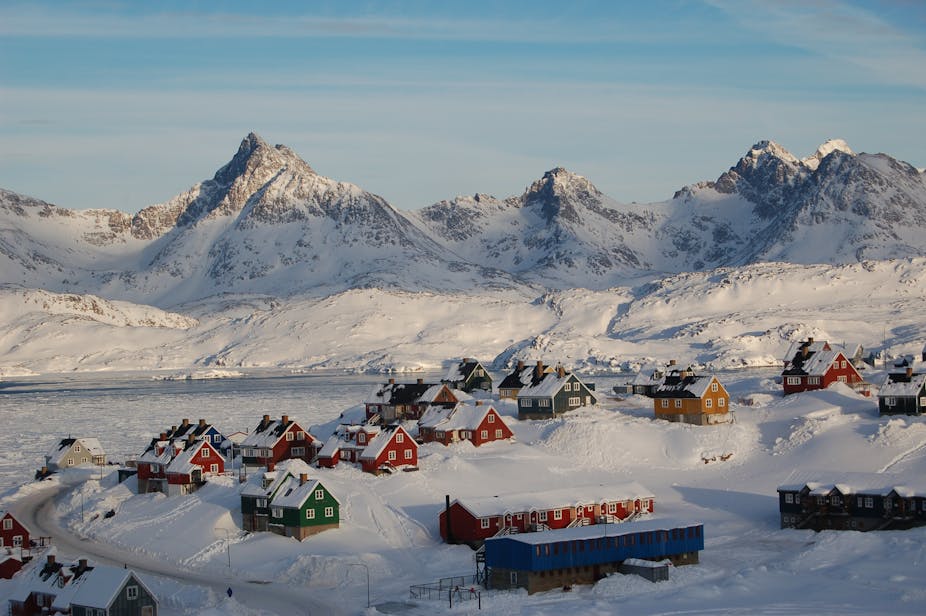First the No victory in the Scottish referendum, now the debate about how much extra power should be extended north of the border. While the commission tasked with coming up with proposals prepares to publish them at the end of the month, it raises the question of whether any federal states around the world might provide a useful template.
After all, Gordon Brown talked about a modern form of Scottish home rule, “as close to a federal state as you can be in a country where one nation is 85% of the population”. And the SNP’s new deputy leader Stewart Hosie has said that the Scottish people were promised the “closest thing to a federal state within one to two years”.
There is a difficulty here, however. Aiming towards a federal state structure makes it necessary to also look at reforming the UK’s central institutions. As recently suggested by Labour leader Ed Miliband, there is the question of whether the House of Lords should be reformed into a chamber able to represent UK regions. There are also questions about the status of Wales and Northern Ireland as well as of England.
No länder is grander
When you look at other federal structures, they are less helpful than you might think. Take Germany for example. Composed of 16 subunits (or länder) with the same competences, the German federal system is underpinned by a commitment to create equal living conditions. The German second parliamentary chamber, the Bundesrat, ensures that all the Länder are effectively represented. It has the power to veto all significant national laws, with the Länder exercising autonomy mostly through how they choose to implement national policies.

Contrast this with the UK, where Scotland has more powers than Wales and Northern Ireland and England is not devolved at all. This is completely different from a federal scenario in which there is devolution across the whole country, giving each unit about the same powers. And demands from certain quarters that Scottish MPs be prevented from voting on English issues directly contradicts the model of a country like Germany, where all the federal regions vote on all national issues and sometimes have a veto over them.
The federal reality
Spain or Canada, with their strong regional identities and the presence of a weaker second house, appear to bear more comparison. Spain has traditionally given far greater powers to historical nation regions like Catalonia and the Basque Country, even if inequalities in competences between different regions were reduced in the 1980s and 1990s in consecutive rounds of federal reform. In Canada meanwhile, Quebec still has a special status in the federal system.
Yet the huge variation in regional powers in the UK still makes it quite different from these examples. And if the UK gives even more autonomy to Scotland, it makes the federal analogy even more problematic.
If the UK was really going to shift towards a federal state structure, it would mean empowering the other regions to bring them into line with Scottish autonomy. Most federal systems also put provisions in their constitutions that stipulate how much power stays in the centre and how much is devolved to regions around the country. This is then commonly policed by a supreme court to help define the limits of the central parliament’s supremacy.
Nuuk before you leap
A more suitable starting point for comparison would be the so-called “federacy arrangements” that exist between the likes of Denmark and Greenland or Finland and the Åland Islands (which lie off the south-west Finnish coast, halfway to Sweden). Such agreements are commonly directly negotiated between the specific region and the central state. In the case of both the Finnish and Danish examples, the arrangement for the autonomous region has been embedded within the structure of the unitary state, with other regions not enjoying similar autonomy.

Federacy arrangements tend to exist for small remote areas of land. They tend to enjoy extensive regional autonomy over domestic matters, leaving the state in charge only of defence, foreign relations and currency. This echoes the SNP’s “devo max” model.
That said, such autonomy comes at a price: the devolved unit in a federacy has minimal input on state decision-making overall. This would require a radical reduction of Scottish representation and influence on UK politics.

